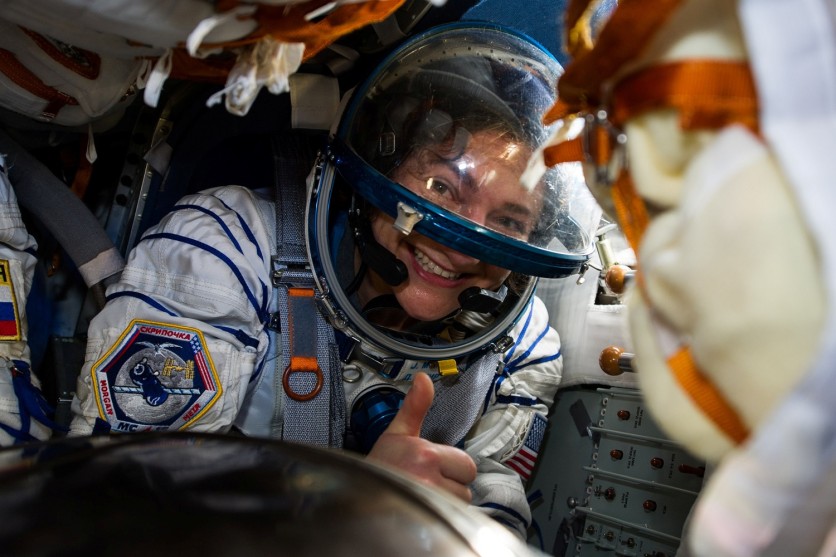One of the good things the coronavirus lockdown has given us is enough time to relax and sleep. For years, we spent most of our time juggling our personal life with studying or working.
As the government leans on relaxing the restrictions, we will somehow go back to our busy lives when sleeping is a luxury again.
Sleep is a complex phenomenon, and not having enough sleep can hurt our physical and mental health. Sleep deprivation may lead to weight gain, loss of memory and concentration, weak immune system, and psychological disorders.
However, if work requires staying focused the whole time, it is important to have a complete and sound sleep. This is why astronauts must have good quality sleep while in space. But how do they do it?

Sleep in privacy
Normal humans go to bed to sleep while astronauts settle for the next best thing - sleeping bags. They then attach themselves inside small individual cabins to avoid floating around and bumping into the objects.
These sleeping cabins protect them from outside noises, environmental light, and disturbances from other crew members.
"Other environmental factors that affect sleep for crew members aboard the station are temperature, lighting, airflow, noise, carbon dioxide and special restraints used to keep crew members from floating around while sleeping," explained NASA.
Train body to sync sleep rhythm
Normally, our body clock dictates our mind and body to feel awake during the day and sleepy at night. It sets the rhythms of our activities, such as the time we eat or go to sleep.
In a 2016 study published in the journal Sleep Science, before humans went into space, one concern was whether sleep is possible in microgravity environments. Later on, it was proven that astronauts can sleep once they leave the pull of the Earth's gravity, although it may not be completely refreshing. Also, sleep on space is shorter and prone to disturbance than that on Earth.
This is why astronauts must follow a strict schedule that includes sleeping and waking times, lighting instructions, diet, and exercise, which maintain their sleep on track.
"Generally, astronauts are scheduled for eight hours of sleep at the end of each mission day. Like on Earth, though, they may wake up in the middle of their sleep period to use the toilet, or stay up late and look out the window," NASA stated.
Practice a healthy sleep routine
Another way to ensure enough sleep is to have proper sleep hygiene. It is a simple measure to train our brains to sleep better. Following are some tricks astronauts use, check them out:
- Do exercise during the day
- Avoid long naps on daytime
- Make sure to have a pleasant sleep environment
- Avoid stimulants like alcohol or caffeine before bedtime
- Set a regular bedtime schedule
- Have a dose of daylight in the morning
- Avoid light exposure at night including computer and mobile phone
- Go to bed when sleepy
- Avoid stress before bedtime
- Eat healthily and avoid fatty, fried, and heavy food before bedtime.
Having sleep disturbances and daytime sleepiness are signs of poor sleep hygiene. It is vital to manage fatigue and sleep loss while in space to ensure the mental efficiency and safety of the crew, which leads to the success of the mission.
ⓒ 2026 TECHTIMES.com All rights reserved. Do not reproduce without permission.




